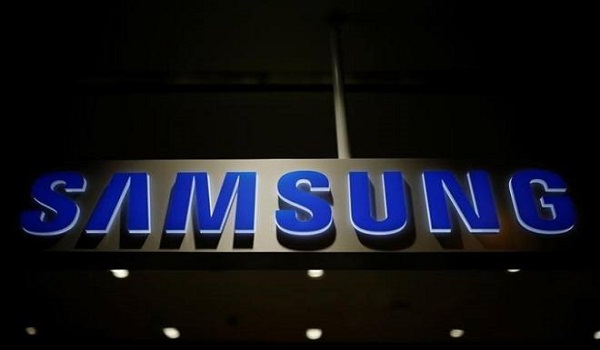NEW DELHI: Samsung will begin production of mobile phones from its expanded facility in Noida this year, even as it plans to double its output by 2020. The move could help the South Korean company reduce the time to market, increase feature localisation, and wrest back consumer share 
The global electronics major, which has made its largest investment in India in expanding the manufacturing plant located in Noida, Uttar Pradesh, near Delhi, will also assemble printed circuit boards (PCBs) in this facility that would be its exports base in the future.
“We have invested about Rs 5,000 crore in doubling the capacity. All efforts are on to get the production started this year, which should start with mobile phones. Mounting of PCBs will also take place there,” said Mohandeep Singh, senior vice president for mobile business, Samsung India.
“We should be prepared for this high-growth market and not be found wanting that we’ve run out of the capability to serve the market. It’s a proactive move as we feel that the market will grow in the nearterm and mid-term,” he added. Samsung had announced an investment of Rs 4,915 crore for expanding its existing facility in Noida last year, using which it would be able to make 120 million phones annually by 2020.
The company has been assembling PCBs locally since 2006. It is confident about reaching the output target by harnessing a large and dedicated ecosystem it had already created in Noida, involving more than 120 suppliers and vendors. The company plans to make India a manufacturing and exports hub, with shipments to geographies including Europe, Middle East and Africa expected to kick off from 2020. Mobile phones, one of Samsung’s largest selling products, are likely to be the first to be exported the additional facility.
Enhanced local manufacturing facilities, which would in turn increase capacities to address the local market, and its new set of smartphones targeted at the mid-segment of the market, would help Samsung gain back market share lost recently to Chinese rival Xiaomi, said analysts. “One of the major issues that Samsung has been facing is shortening the time to go to market, which should improve significantly by expanded local manufacturing.
Higher production can give it greater flexibility and make its mid-end more attractive to users, a segment where most of its rivals like Xiaomi, Oppo and Vivo have made their marks,” said Tarun Pathak, associate director at Counterpoint Research. Samsung has launched four new models, two each in the Galaxy J series and Galaxy A series, with infinity displays, between the price bands of Rs 13,990 and Rs 25,990. The models come with a locally developed chat over video feature that allows users to ..

